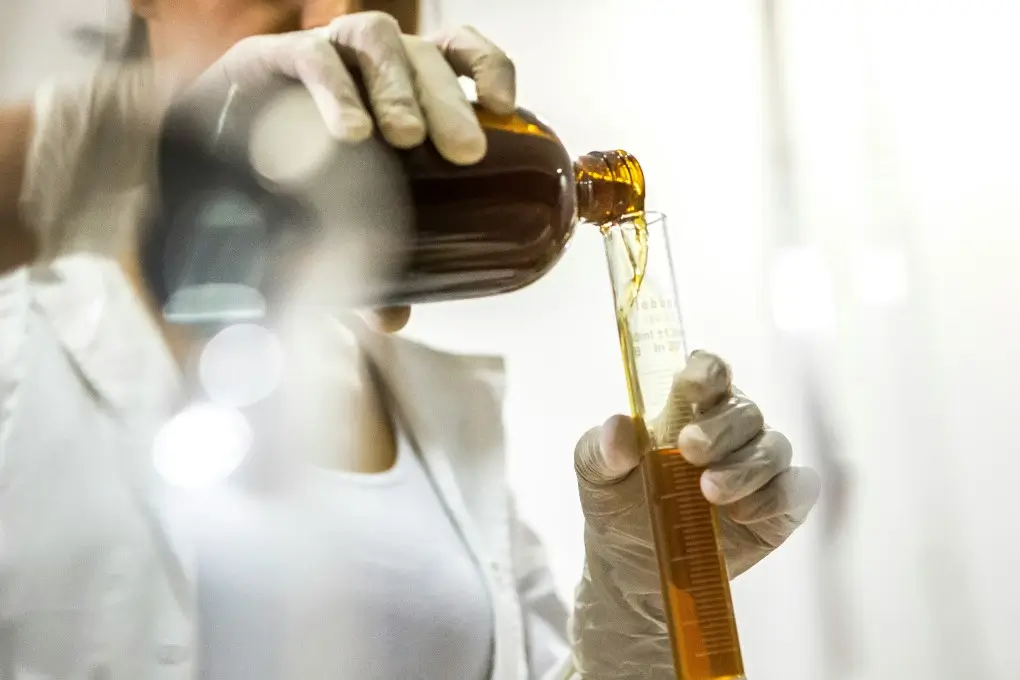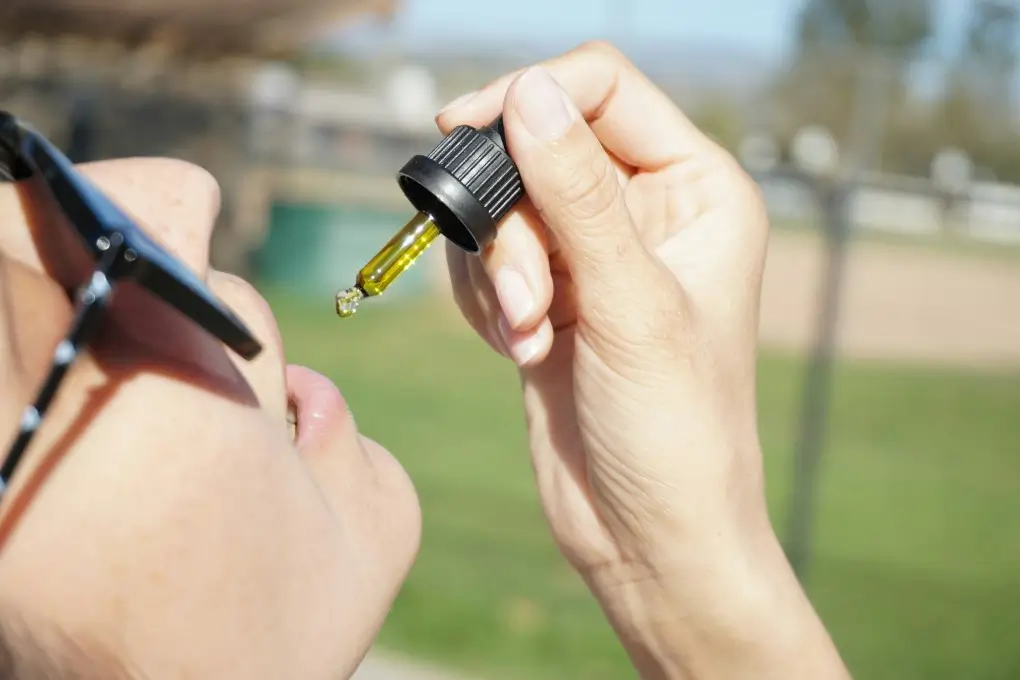This comprehensive FAQ article provides a deep dive into Cannabidiol (CBD), a non-intoxicating compound found in the cannabis plant. It covers a wide range of topics, from the basic understanding of CBD and its legal status, to its various consumption methods, potential benefits, safety considerations, and its differences from other cannabis compounds like THC.
The article also explores more specific topics such as CBD’s interaction with other substances, its use in treating certain conditions, and its potential effects on specific demographics. It’s a valuable resource for anyone seeking to understand the multifaceted world of CBD.
CBD, short for cannabidiol, is a naturally occurring compound found in the cannabis plant. Unlike THC, another well-known compound in cannabis, CBD is non-intoxicating.
The legal status of CBD varies across different countries and states. In many regions, CBD derived from hemp (rather than marijuana) is legal, but it’s essential to check local regulations.
CBD and THC are both compounds found in cannabis, but they interact differently with the body. THC is psychoactive and produces a “high,” while CBD does not have intoxicating effects.
CBD comes in various forms, including oil tinctures, capsules, edibles, topicals, and more, providing flexibility in consumption methods.
CBD has been researched for its potential to alleviate anxiety, reduce inflammation, relieve pain, and more, although further studies are ongoing to fully understand its benefits.
CBD is generally considered safe, but it’s important to note that it can interact with certain medications and may cause side effects such as dry mouth, dizziness, and changes in appetite in some individuals.
No, CBD does not produce the psychoactive effects associated with THC, so it does not induce a “high.”
While CBD itself typically does not cause a positive result on drug tests, some CBD products may contain trace amounts of THC, which could potentially trigger a positive result.
CBD interacts with the body’s endocannabinoid system, which plays a role in regulating various physiological processes such as pain, mood, and appetite.
It’s generally not possible to overdose on CBD, but it’s advisable to follow recommended dosage guidelines to avoid adverse effects.
Full-spectrum CBD contains all the naturally occurring compounds found in the cannabis plant, including THC, while broad-spectrum CBD contains everything except THC. CBD isolate is pure CBD without any other cannabinoids or compounds.
CBD is not considered addictive, and it does not produce dependence or withdrawal symptoms like some other substances.
The onset of CBD’s effects can vary depending on factors such as the method of consumption and individual metabolism, but typically it takes around 20-30 minutes to feel the effects.
CBD may promote relaxation and reduce anxiety, potentially helping to improve sleep quality, although further research is needed to confirm its efficacy for sleep disorders.
CBD has been studied for its potential analgesic properties and may help alleviate pain.
CBD has shown promise in reducing symptoms of anxiety and depression in some studies, but more research is required to determine its long-term effects and optimal dosages for these conditions.
CBD products specifically formulated for pets are available, but it’s essential to consult with a veterinarian or a CBD expert who can help provide valuable information.
Due to limited research on the effects of CBD during pregnancy and breastfeeding, it’s generally recommended to avoid CBD products during these periods to err on the side of caution.
CBD has the potential to interact with certain medications, so it’s crucial to consult with a healthcare professional before using CBD, especially if you are taking other medications.
The appropriate dosage of CBD can vary depending on factors such as the individual’s weight, metabolism, and the condition being treated. It’s advisable to start with a low dose and gradually increase as needed while monitoring for any adverse effects.
CBD has been approved by the FDA as a treatment for certain types of epilepsy, demonstrating its effectiveness in reducing seizure frequency in some patients.
While CBD has been researched for its potential anti-cancer properties and symptom management, it is not considered a cure for cancer, and more studies are needed to determine its efficacy in cancer treatment.
CBD has shown promise in improving various skin conditions such as acne and eczema due to its anti-inflammatory and antioxidant properties, although more research is needed to confirm its effectiveness in skincare products.
CBD can be extracted from the cannabis plant using various methods such as CO2 extraction, ethanol extraction, and more, each with its advantages and disadvantages in terms of efficiency and purity.
CBD is non-psychoactive, meaning it does not produce the euphoric effects associated with THC consumption.
CBD has been investigated for its potential to reduce symptoms of addiction, but further research is necessary to understand its mechanisms and effectiveness fully.
CBD may interact with alcohol, potentially amplifying its effects, so it’s essential to use caution when combining the two substances.
CBD has shown promise in alleviating migraine symptoms, possibly due to its anti-inflammatory and analgesic properties, although more research is needed to confirm its efficacy for migraine treatment.
The World Health Organization considers CBD generally safe for children, but it’s important to consult with a healthcare professional before giving CBD to children, especially for specific medical conditions.
CBD has been studied for its potential to alleviate symptoms of period pain and endometriosis, but further research is needed to determine its effectiveness and optimal dosages for these conditions.




